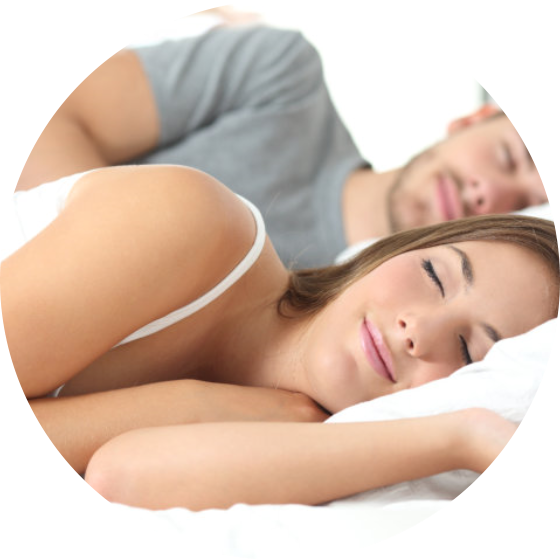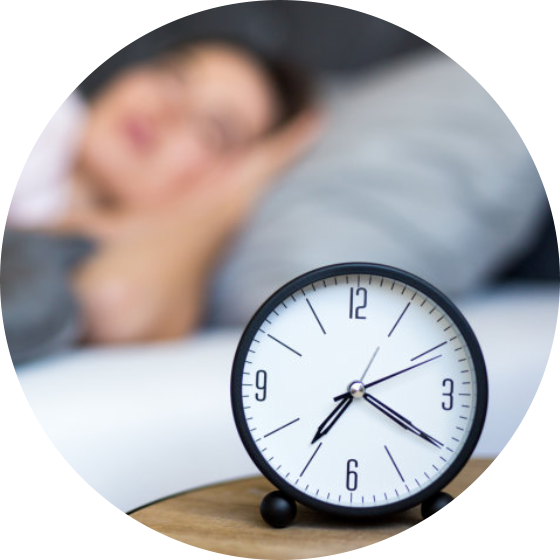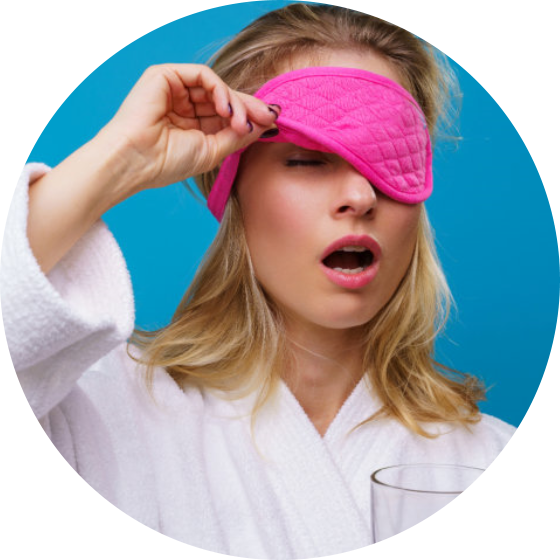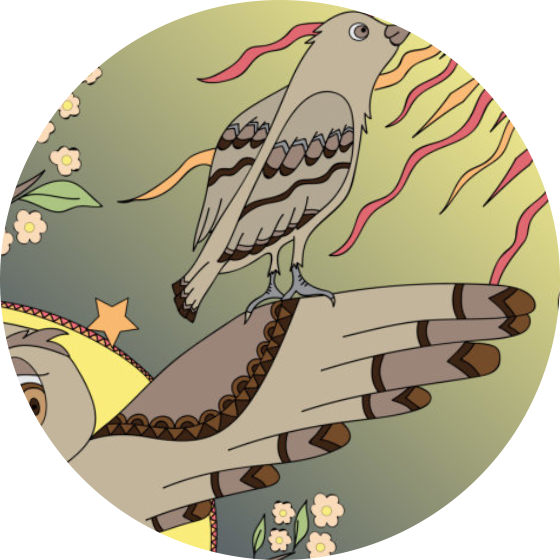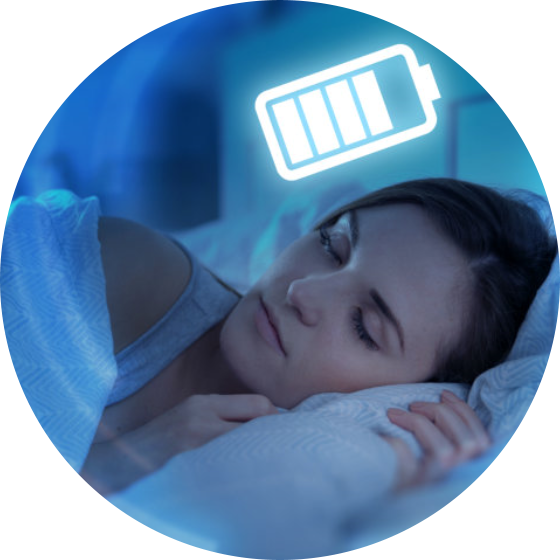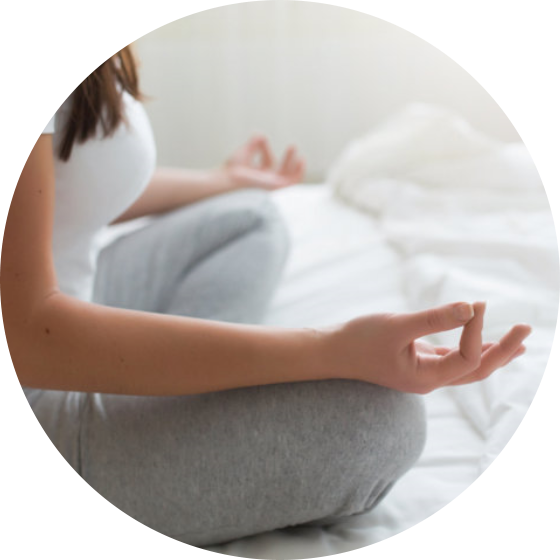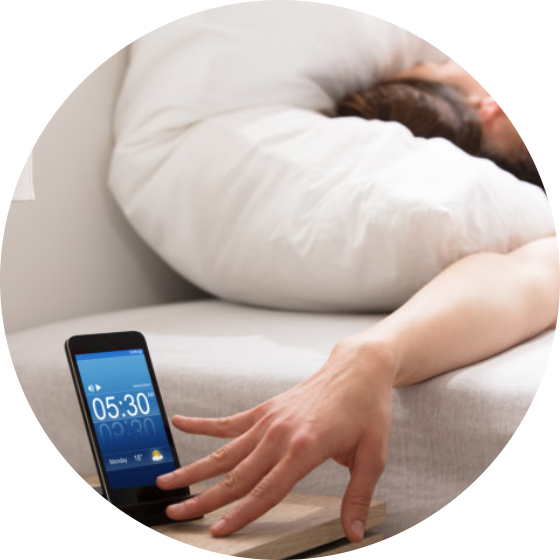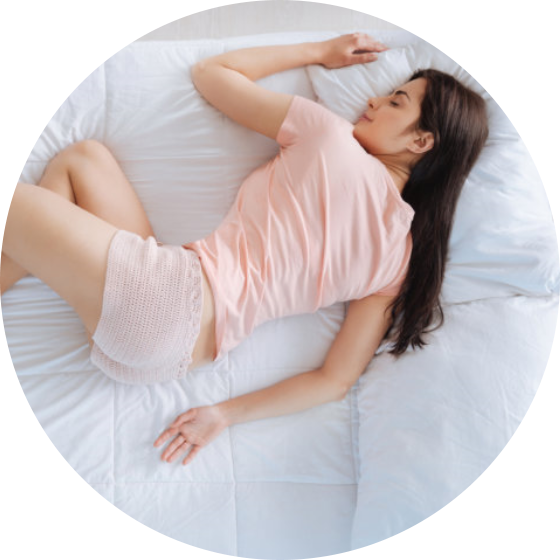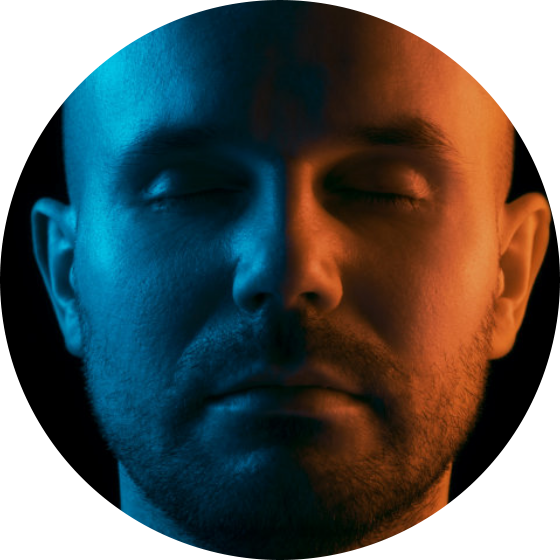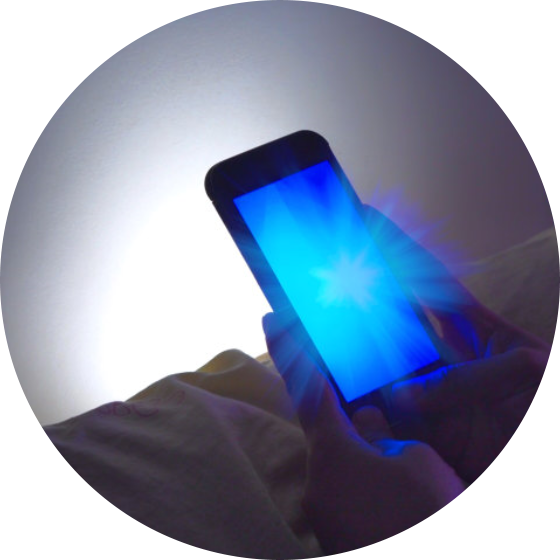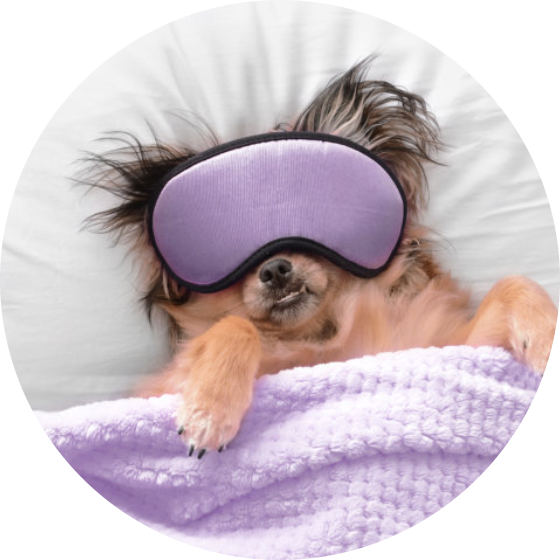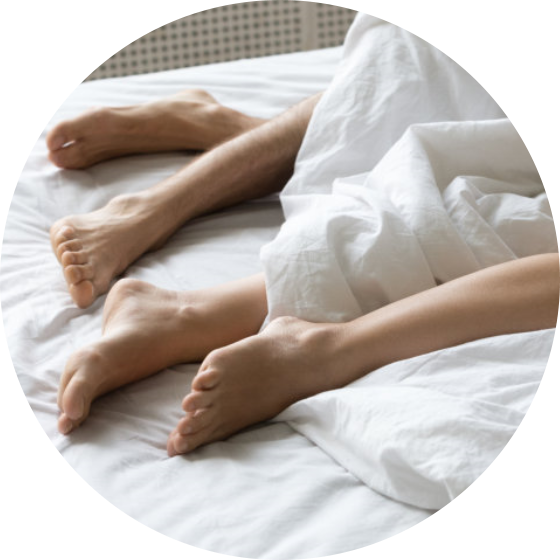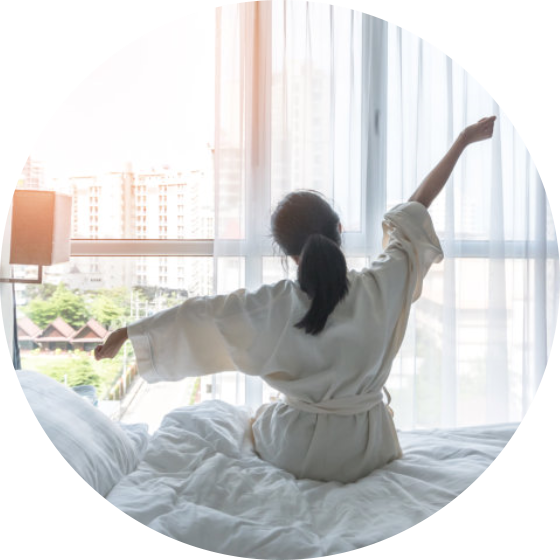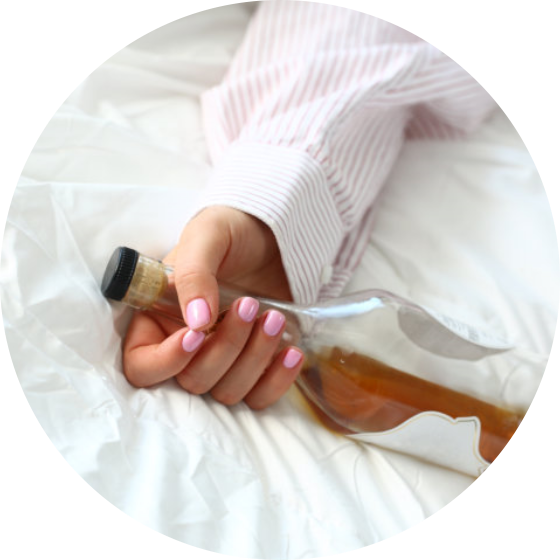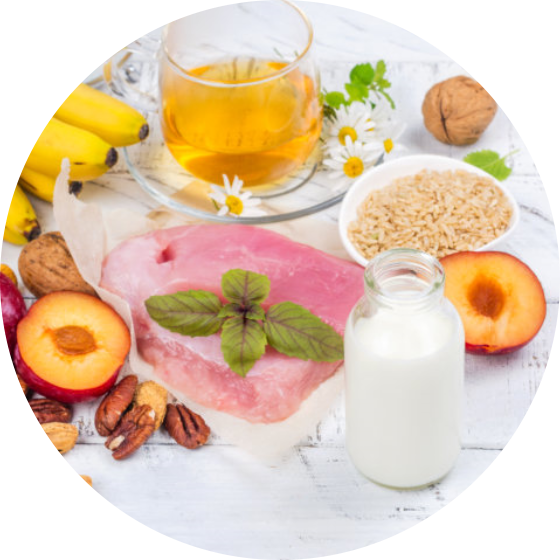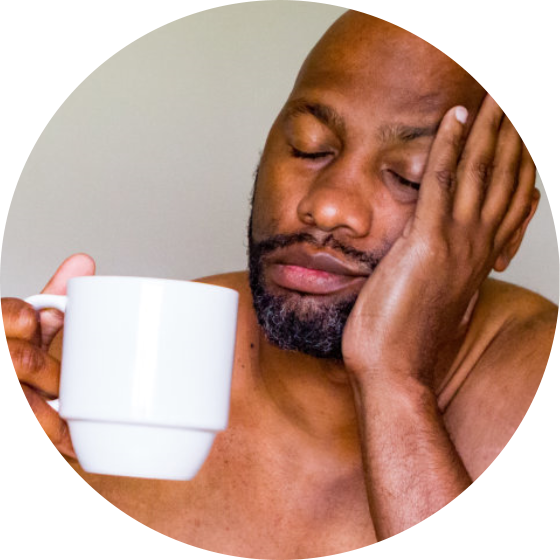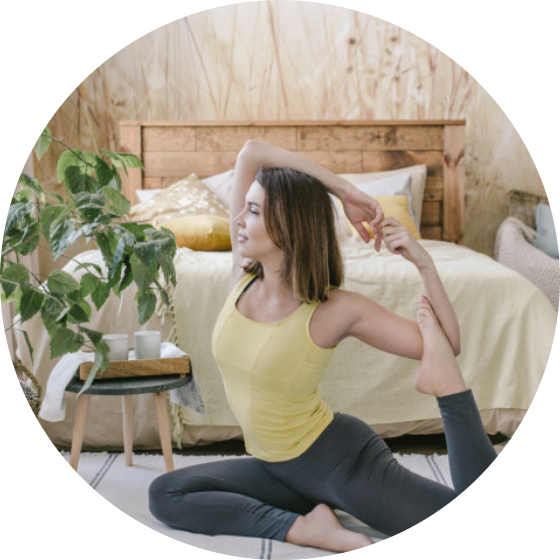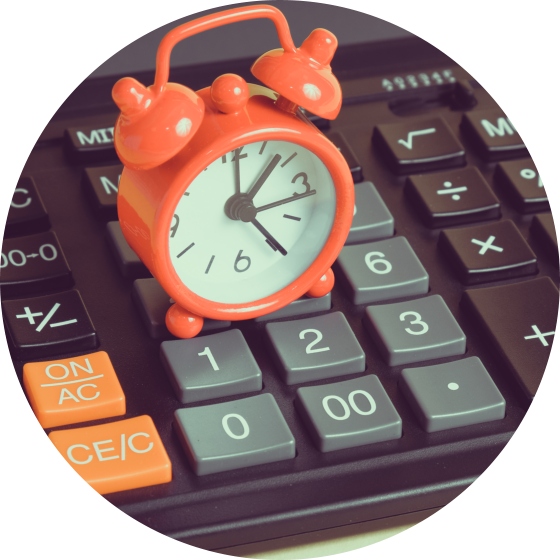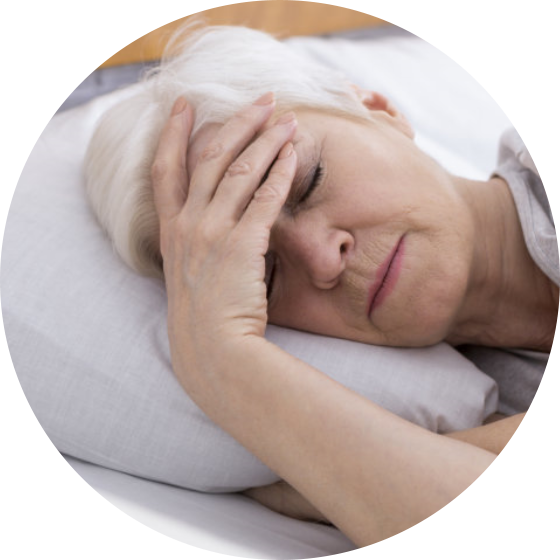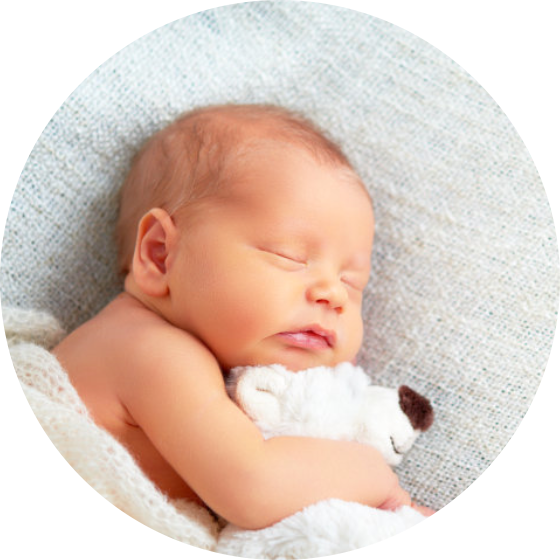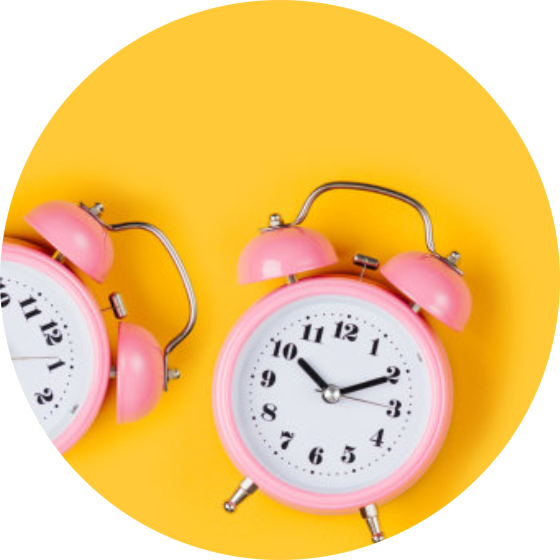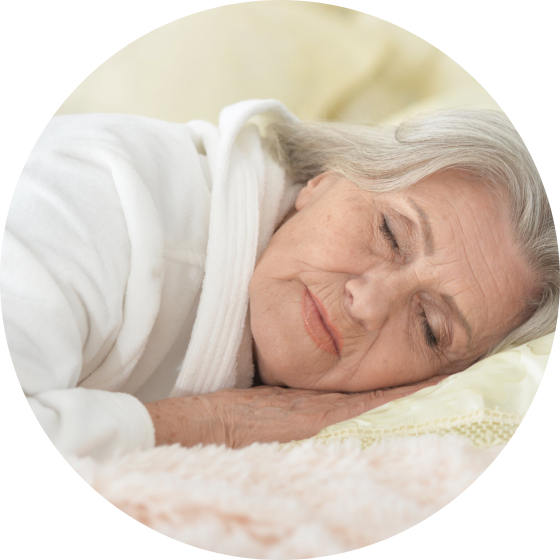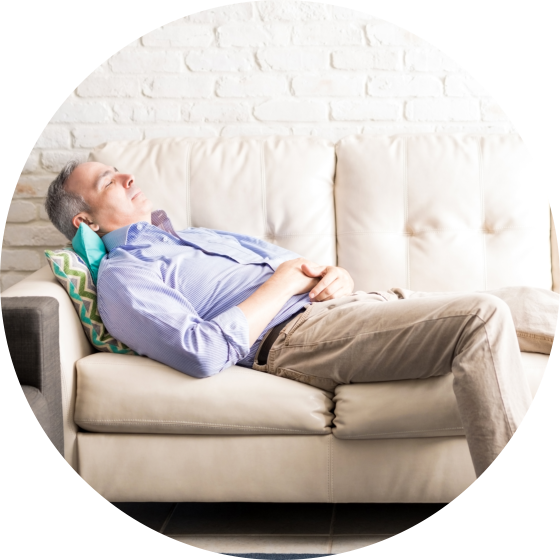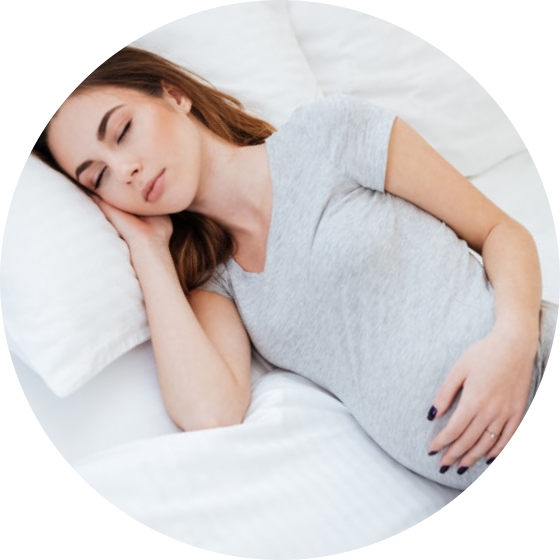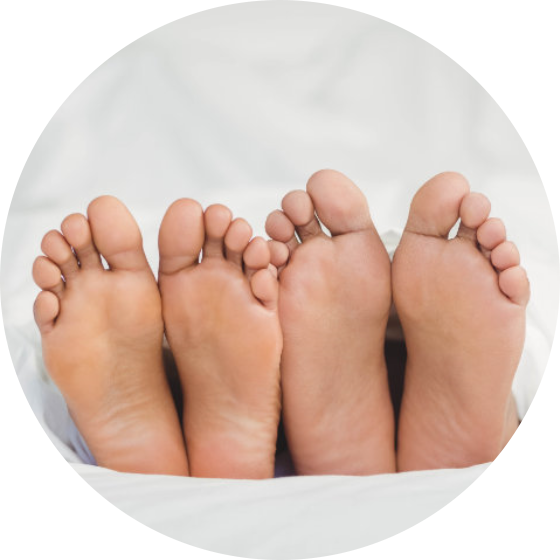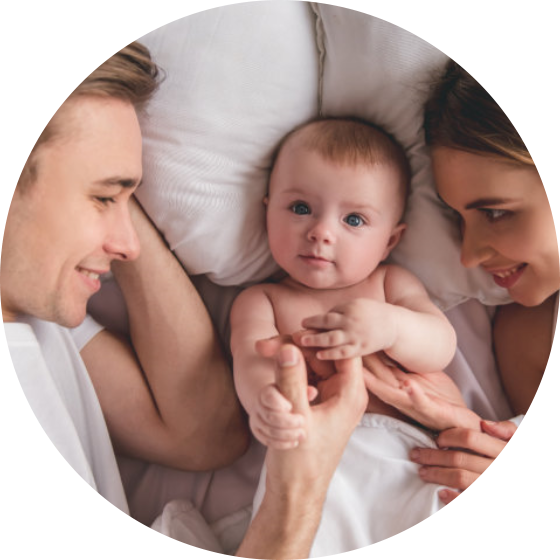Sleep Hub
Why do we sleep?
No one really knows why we sleep. It is the mysterious shift in consciousness that our bodies require every day – we can’t survive without it.
How to get to sleep
If you’re not getting as much rest as you need, try following these twelve simple tips to help yourself to get a better night’s sleep.
Sleep Patterns
We experience different stages of sleep. Each cycle lasts around 1½ hours and we need to experience all four stages in order to wake up rested.
Circadian Rhythms
Sleep is largely controlled by sleep pressure, and the circadian rhythm, or body clock, which regulates our sleep/wake cycle over 24 hours.
Sleep Inertia
Ever felt foggy, drowsy or disorientated after you’ve woken up? You’re suffering from sleep inertia – the feeling of grogginess because you’re still in a sleep state.
Are you and Owl or a Lark
Scientists believe that people have inherent differences in when they sleep and wake best. And what you are is partly determined by genetics.
Sleep Debt
Sleep debt or sleep deficit is the cumulative effect of not getting enough sleep and may lead to mental or physical fatigue.
Sleep Meditation
Meditation can help you to relax before bedtime because it lowers the heart rate and encourages slower breathing.
Melatonin
Melatonin is a hormone that occurs naturally in our bodies when it gets dark and helps to regulate the body’s circadian rhythm and promotes restful sleep.
Snoozing
If hitting the snooze button is part of your morning wake up routine, now’s the time to stop. The consequence can be feeling even more tired or groggy.
Sleeping Positions
What does your sleep position say about you? From foetus to starfish, some reports say your favourite sleeping positions can show personality traits.
Sleep Hypnosis
Sleep hypnosis is a technique that involves relaxing and drawing you into a trance-like state, letting go of any anxiety.
Blue Light and Sleep
The blue light that emits from devices (including TVs) suppresses the natural production of melatonin – the hormone you need to feel sleepy.
Sleeping with pets
Some people like the companionship of a pet nestled in their bed as it gives them security and comfort. However there can be health implications too.
Sleeping Naked
While some of us wouldn’t dream of sleeping nude, there are some great reasons why you should start taking your clothes off at night.
Sleep Quality
While sleep quantity is good indicator, what is important is sleep quality – how well you sleep not how long you sleep.
Alcohol and Sleep
Alcohol is a commonly used sleep aid with many falsely believing that alcohol helps them to fall asleep and sleep better throughout the night.
Foods that help you sleep
Achieving a great night’s sleep can be affected by what you eat before bedtime. Certain foods are known to calm the brain and help promote sleep.
Caffeine and Sleep
Caffeine blocks sleep inducing chemicals and increases adrenaline production which reduces sleep quality and prevents you feeling rested.
Exercise and Sleep
People who exercise regularly tend to sleep better. And elite athletes pay as much attention to their sleep regimes as they do to their diet.
Sleep Calculator
The best way to make sure you wake at the end of a sleep cycle is to work back from when you want to get up. Find out when to go to bed with our sleep calculator.
Menopause and Sleep
Changes in hormone levels as we age can cause sleep disturbances, and sleep disturbances can alter hormone levels, turning into a vicious cycle.
Polyphasic Sleep
Polyphasic sleep is where you sleep for several short sessions with one longer duration of a few hours throughout a 24-hour period.
How much sleep do we need
The amount of sleep you need depends on your age, sex, health and other elements, and sleep cycles change as we grow older.
Aging and Sleep
It is a common misconception that sleep needs decline with age. It’s not about needing less sleep, but unfortunately as you get older sleep quality declines.
Napping
The subject of napping is one that often comes up – is it good for you or is it bad? How long should you nap for? And does it make up for lack of sleep?
Sleep and Pregnancy
During pregnancy, it’s not uncommon to contend with many sleep disturbances, usually the result of anxiety and stress, hormonal fluctuations, and discomfort.
Sharing a Bed
50% of sleep disturbance is caused by sharing a bed. If you share a bed with a snorer, a hogger or a wriggler then chances are you’re not sleeping as well as you could.
New Parents and Sleep
Fragmented sleep for weeks, if not months, following the birth of a baby can leave new parents feeling bad tempered, tearful, forgetful and depressed.


